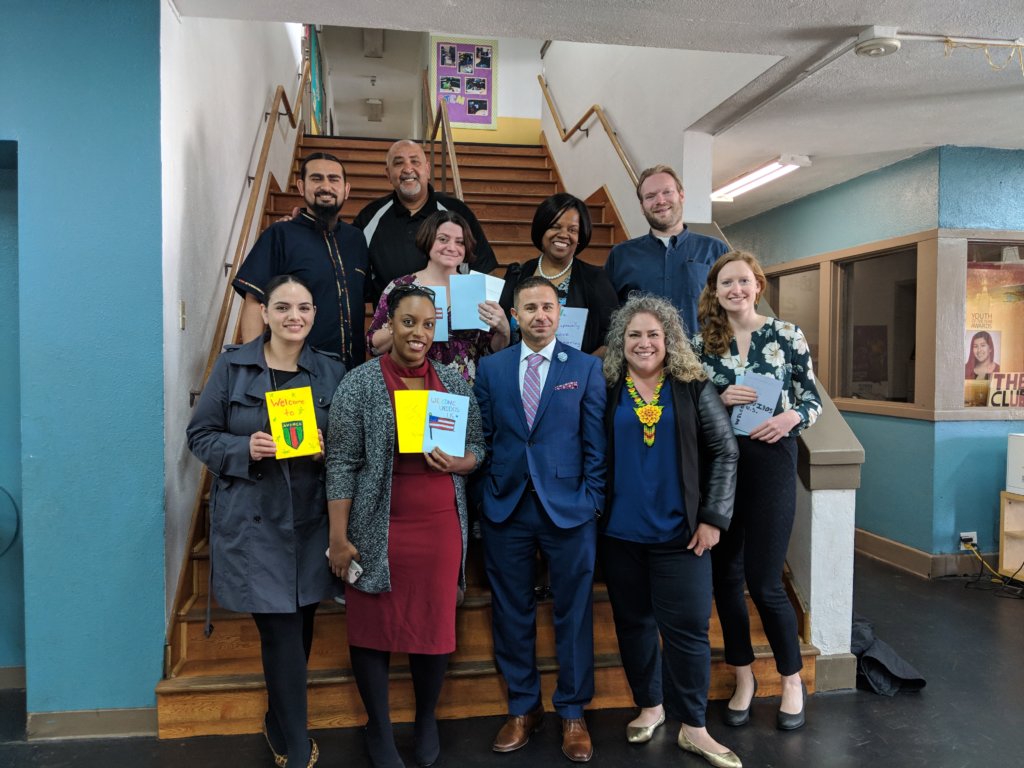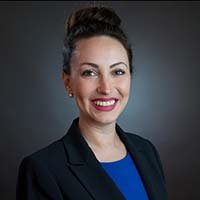Local Educators Become Advocates
The fight continues at the federal level for educational equity, but states will be key to protecting Latino students
By John Marth, Senior Content Specialist, NCLR
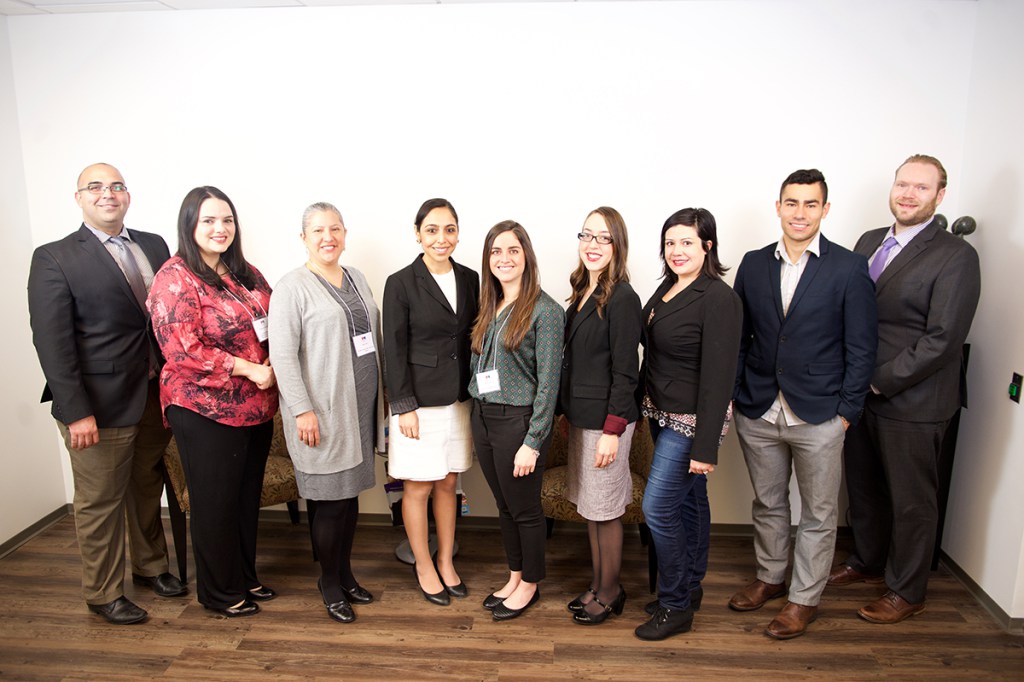
Nine educators met in New York’s Financial District for a two-day training about using their experiences with students and parents to advocate for state-level policies. It was the first of three training modules they’ll attend over the next eight months.
The group represents the sixth cohort of the National Institute of Latino School Leaders, or NILSL. NCLR developed the program five years ago to train educators working with Latino students to become more involved in education policy.
Previous NILSL groups consisted of fellows from across the country learning about lawmaking on the federal level. With the implementation of the Every Student Succeeds Act (ESSA) about to take effect, the program was modified to focus on states. “Now that ESSA’s passed, we need to make sure states are following it,” said Jessica Rodriguez Boudreau, NCLR Education Outreach Manager, who led the training. This year’s fellows come from Colorado and New York.
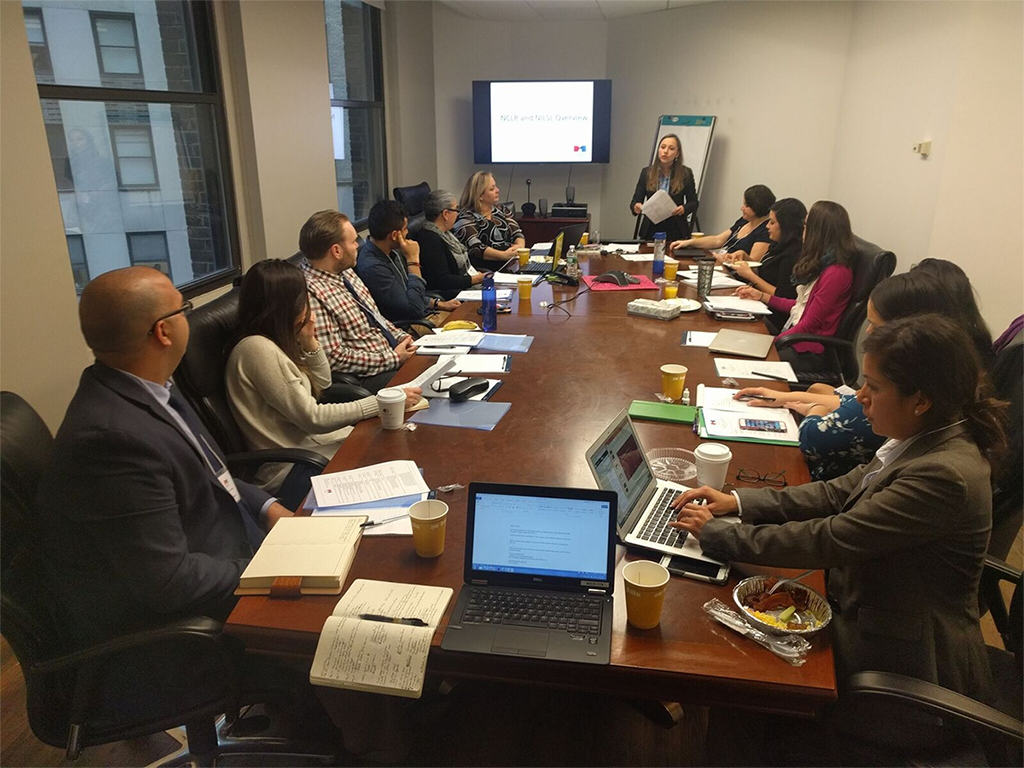
The confirmation of Betsy DeVos as U.S. secretary of education has shaken millions of parents, educators, and students. The NILSL fellowship aims to train fellows to work with state lawmakers to protect the gains made in ensuring an equal education for every student.
NCLR Chief Operations Officer Sonia M. Pérez gave encouraging closing remarks about how the NILSL fellows can help NCLR fight for Latino students in uncertain times: “These are moments where we really need to connect with allies who are champions for the issues and kids we care about. Over the next few years, we think the most impact we can have is on the state level.”
Life lessons
Much of the training focused on using personal experience for persuasion. Fellows learned how detailed recaps of their lives can combine facts with pathos to convince lawmakers to address injustices or inefficiencies.
Fellows workshopped their stories for the group, receiving feedback to create stronger narratives. Each story served as an example of how education policy either helped them or their students succeed, or set them up to fail.
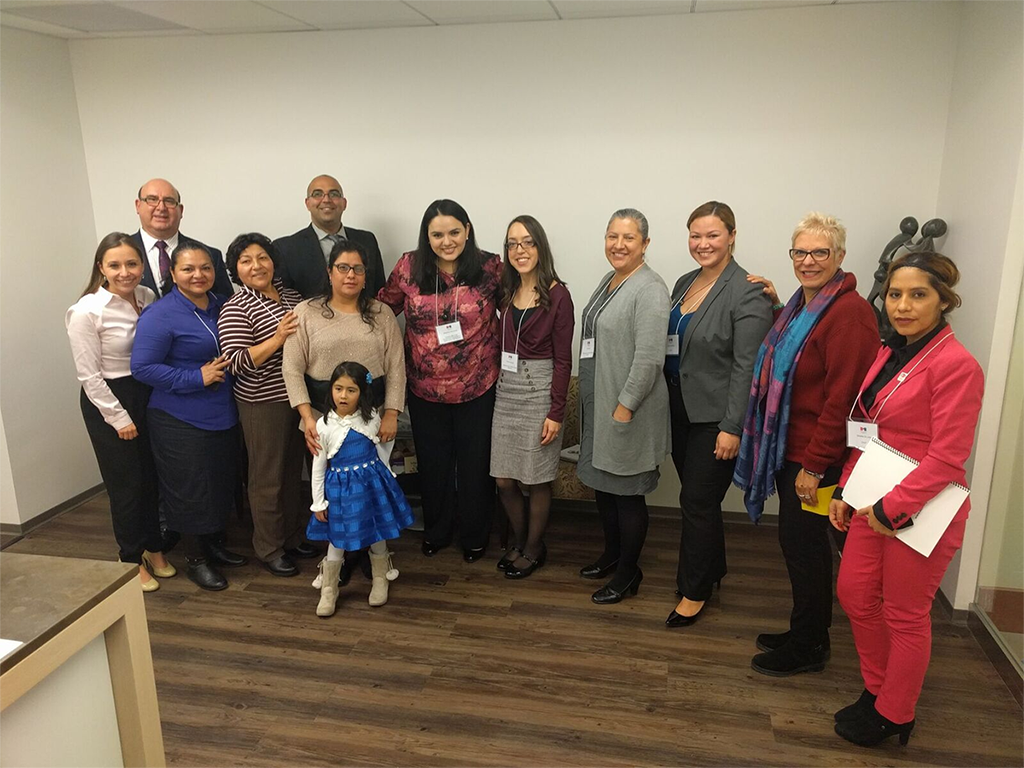
Alex Hernandez, principal of Cypress Hills Community High School, a school for newly arrived immigrant students in New York, emphasized how education policy often excludes her students from measuring success. “My daily mission is to ensure young people have access to an education that lets them choose their own American dream.”
“These are the experiences lawmakers need to hear,” Maria Moser, NCLR Senior Director of Teaching and Learning, told the fellows during the session. “This is why we need to take people working on the front lines and get them involved in policy.”
Amplifying the message
The introductory session centered around identifying an issue in the fellows’ work that they can bring to the attention of policymakers. They took a deep dive into how ESSA may manifest in their respective states, then spent several planning sessions choosing an issue.
Deborah Van Roy, a NILSL fellow and English Learner Support Coordinator and Community Liaison at Ricardo Flores Magon Academy in Denver, says that the Coloradan fellows all chose the same issue. “We’ve been talking a lot about parent engagement. We’re interested to see how ESSA might affect getting parents involved in our schools.”
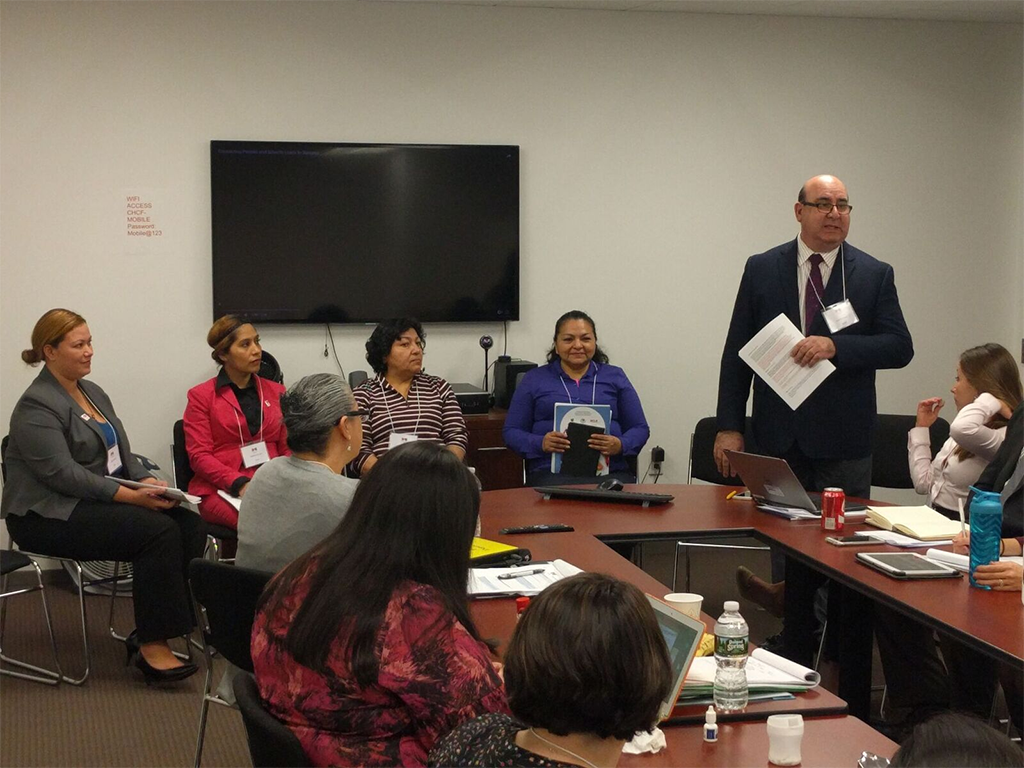
At the end of the eight months, each fellow will complete an advocacy activity as their first major step into advocacy. They can be traditional with a policy memo or by visiting a representative, or go digital by launching a blog. No matter which route they choose, storytelling will be a major asset in their efforts.
Takeaways
With their stories written and issues chosen, the group worked on power mapping, a popular way for advocates to learn who’s making major decisions. Once they’ve identified who they need to work with to promote change, they can mold their efforts more precisely.
On the second day of the training, Ian Rosenblum from the Education Trust–New York was there to help the New York fellows understand state-specific policies they should keep in mind while advocating. NILSL alumna Carolyn Gery advised the Colorado group.
Rodriguez summed up the necessity of narrative persuasion nicely: “If we don’t tell our stories, someone else will tell them for us.”

